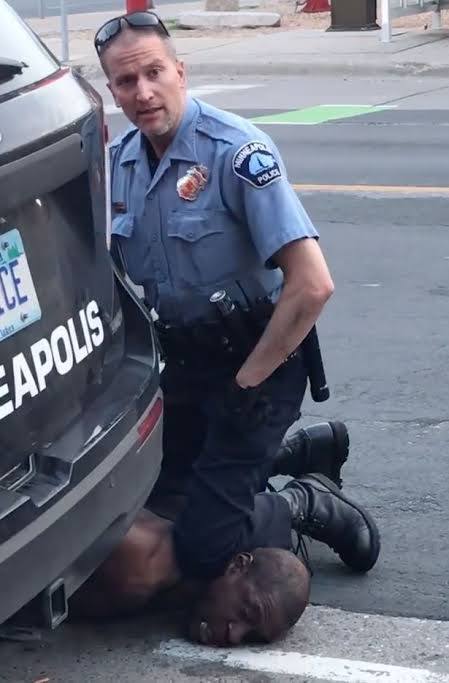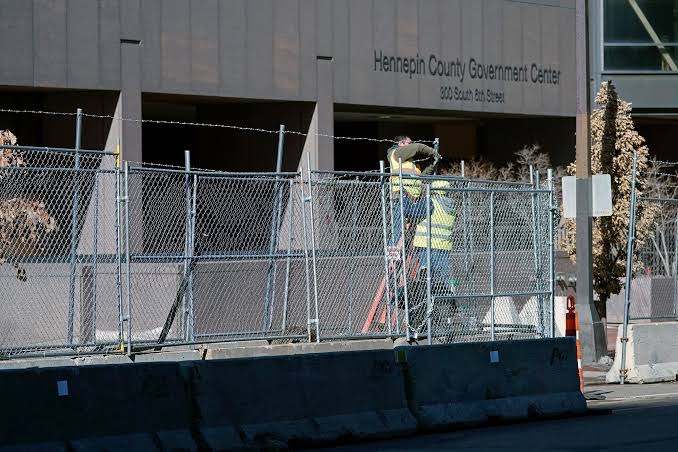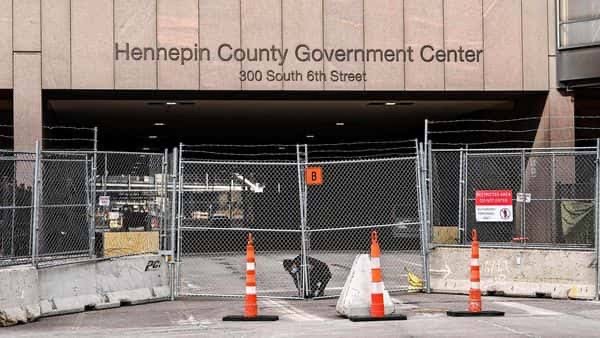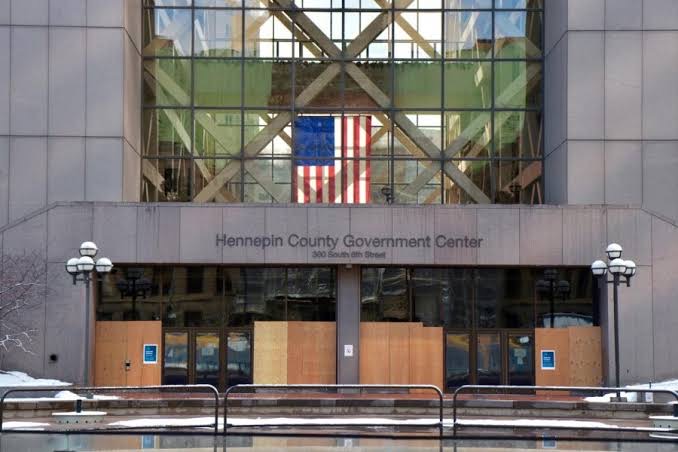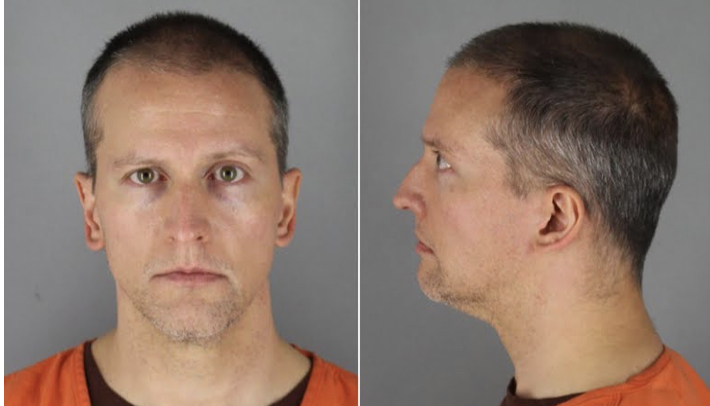
Trial of former Minneapolis policeman, Derek Chauvin for the murder of African American man, George Floyd has began on Monday, March 29, with a prosecutor telling the 15-person jury that Chauvin squeezed life out of Floyd.
George Perry Floyd Jr. was an African American man killed during an arrest after a store clerk alleged he used a counterfeit $20 bill in Minneapolis.
Chauvin, one of four police officers who arrived on the scene, knelt on Floyd’s neck for a period initially reported to be 8 minutes and 46 seconds.
The three other officers involved in Floyd’s killing, Tou Thao, Thomas Lane and J Alexander Kuengwere also fired and are expected to go on trial together in August. They are charged with aiding and abetting murder and manslaughter.
Read Also: Derek Chauvin, Former Policeman Charged In George Floyd’s Death Released On Bail
Jerry Blackwell, a prosecutor with the Minnesota attorney general’s office, told jurors that officers who wear the Minneapolis police badge pledge to never use “unnecessary force or violence.”
Blackwell in his opening statement stated;
You will learn that on May 25, Mr. Derek Chauvin betrayed this badge when he used excessive and unreasonable force upon the body of George Floyd.
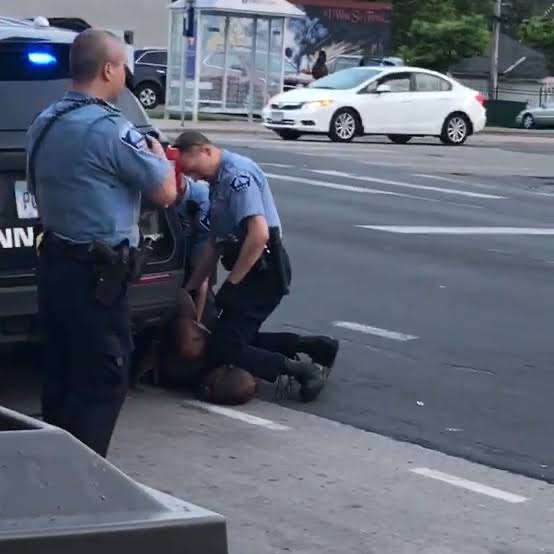
He displayed a still image from a bystander’s cellphone video of Chauvin, who his white, with his knee on the neck of Floyd, a 46-year-old Black man in handcuffs, saying it showed Chauvin “grinding and crushing him until the very breath — no, ladies and gentlemen — the very life was squeezed out of him.”
After his death, protest against police brutality, especially towards Black people, quickly spread across the United States and internationally.
Read Also: #BlackLivesMatter: Minneapolis Agrees To Pay $27m Settlement To George Floyd’s Family
As the trial against Derek Chauvin commences, global citizens have taken to Twitter to register their love and solidarity for the murdered victim and his family, hoping that justice would be served.
It would be recalled that Floyd’s death ignited a global protest movement and over the preceding two weeks of jury selection.
Many jurors told Hennepin County District Judge Peter Cahill and the lawyers on each side that they recognized the scrutiny their deliberations would come under by those who view the trial as a reckoning for how Black people are policed in the United States.
Chauvin, 45, has pleaded not guilty to second-degree murder, third-degree murder and second-degree manslaughter, with his lawyers arguing that he followed his training and that the main cause of Floyd’s death, which the county examiner ruled a homicide, was a drug overdose. He faces up to 40 years in prison if convicted on the most serious charge.
The courtroom in a tower in downtown Minneapolis was turned into a fortress, surrounded with concrete barriers, barbed wire and soldiers from the state’s National Guard.
Businesses around are closed and windows boarded up, fearing a repeat of the arson and other property damage that occurred after Floyd’s death.
Less than three miles away, residents maintain a vigil at the intersection where Chauvin kept his knee on a handcuffed Floyd’s neck for about 9 minutes as Floyd uses his final breaths to plead for his life.
Four sets of barricades block police from coming to the intersection, now called George Floyd Square, which is filled with flowers, posters, murals and other tributes to Floyd.
The jury, including three alternates, is made up of six white women, three white men, three Black men, one Black woman and two multiracial women, according to court records.
Legal experts have noted that U.S. police officers have almost never been found criminally liable for killing a citizen. Chauvin’s lawyers have said they will try to convince the jury that the fentanyl, an opioid painkiller, found in Floyd’s blood by the medical examiner played a bigger role in killing Floyd than the officer’s restraint.
Read Also: George Floyd Tested Positive For Coronavirus, Full Autopsy Report Reveals
On Monday morning outside the courthouse, Sharpton, Floyd’s relatives and local activists silently got down on one knee for 8 minutes and 46 seconds in a tribute to Floyd.
Tiffany Jeffers, a former Maryland prosecutor and a Georgetown law professor, said she saw the defense’s case as an uphill battle in part because of the widely seen video. All members of the jury have said they already saw at least snippets of it.
“This video is just so powerful,” Jeffers said.
Via Reuters/NAN.

